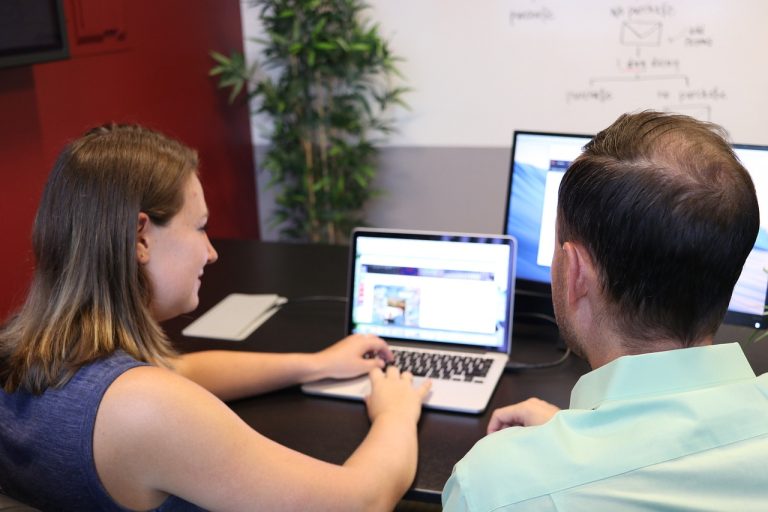 Many people are currently hesitant to refinance their mortgages, even though the rates have hit a record low in the recent past. Though this could be due to unsuccessful applications, there are people who hold back due to various concerns. Such include upfront costs and whether the mortgage refinance will be worthwhile. For those considering a home refinance, there are a few things one needs to keep in mind regarding the discouraging factors.
Many people are currently hesitant to refinance their mortgages, even though the rates have hit a record low in the recent past. Though this could be due to unsuccessful applications, there are people who hold back due to various concerns. Such include upfront costs and whether the mortgage refinance will be worthwhile. For those considering a home refinance, there are a few things one needs to keep in mind regarding the discouraging factors.
Extension of the Loan Period
This is huge for many people- if one has been paying out a mortgage for several years, they’d be cautious about refinancing. This is in spite of the fact that it would reduce the monthly payments substantially.
There are other options besides refinancing a long-term loan or cramming it into a half-term mortgage. If one has been paying their loan for some hears and an opportunity to reduce the rate by a percentage point or more arises, they consider the particular product in question. This could either shorten the loan term or reduce the monthly payment. Typically, personalized payoff schedules could be arranged so one gets to keep the same date of paying off the current loan.
Equity
With house prices still yet to reach their pre-recession values, many people are hesitant about refinancing. This is due to the assumption that they cannot refinance due to a lack of home equity. If such is the case, one can still refinance via the Home Affordable Refinance Program (HARP). This is designed to enable homeowners with low and negative equity refinance their loans. Credit score and income requirements are similar to those of conventional home loans.
Excessive Costs
There are also concerns about excessive closing costs which would make refinancing imprudent. While this concern is legitimate, the rates are still low. This means that those who took loans before the crash could still reduce their rates sufficiently by refinancing for the arrangement to be worthwhile.
Generally, refinancing a home loan would be worthwhile if the rates can be reduced by at least a percentage point for a 30-year mortgage. The sole exception is when one doesn’t expect to stay in the house for more than several years. In such a case, there wouldn’t be enough time to recoup the incurred closing costs.
The costs can also be rolled into the loan principal. This is done by either adding the amount to the loan balance or raising the interest rate slightly. The higher rate would still be modest and affordable, though it would cost more in the long term as compared to a lump sum upfront payment.
Insufficient Savings
Some are concerned that they’d be required to bring a large amount of money in order to refinance their home loan. This could be due to their home falling in value which leads to the assumption that one has to make up part of the difference for them to refinance. However, this isn’t required under the HARP program.
Previous Rejection
People whose first mortgage refinance applications have previously fallen through could stand a better chance in future, especially if two years elapse before the next application. If it’s due to a weak credit score, the worst repercussions start to fade off after this period as long as all issues are resolved and bills settled on time. Foreclosures, bankruptcy and other major events could hurt one’s credit score for up to a decade. For routine blemishes, things fall back to normal after two years. For rejections due to work history or lack of income documentation, most lenders only need a two year history before approving a second loan.













